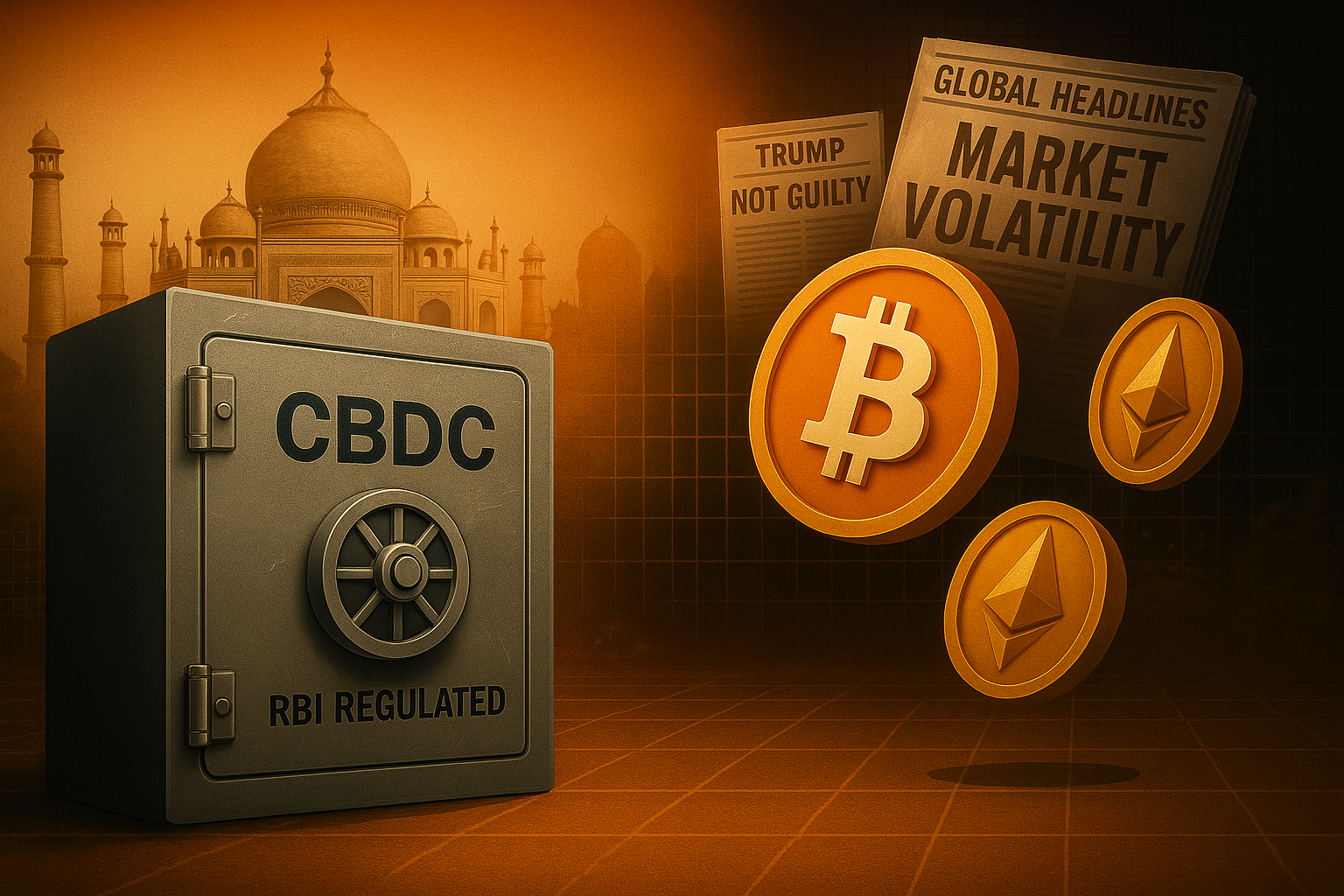As global momentum around cryptocurrencies surges—largely influenced by U.S. President Donald Trump’s recent support—the Reserve Bank of India (RBI) has confirmed it is closely observing international developments. RBI Governor Sanjay Malhotra briefed the Parliamentary Standing Committee on Finance this week, stating that India’s own crypto policy paper is in progress and awaiting top-level approval.
Background and Context
Cryptocurrency markets have witnessed a resurgence in recent months, fueled by a shift in the U.S. administration’s stance, including Trump’s endorsement, growing mainstream adoption, and the formation of a U.S. Bitcoin reserve. As these trends unfold globally, the Indian government and RBI are under increasing pressure to clarify their position on virtual digital assets (VDAs).
Governor Malhotra’s remarks came during a session titled “RBI’s Evolving Role in India’s Dynamic Economy”, chaired by BJP MP Bhartruhari Mahtab.
Key Points from the Parliamentary Briefing
Policy in Progress: India’s crypto framework is at an advanced stage and will soon be presented for public or parliamentary review once cleared by senior authorities.
No Domestic Need for Crypto?
Malhotra reportedly noted that India’s robust digital payment ecosystem—especially UPI—reduces the need for cryptocurrencies, which offer little functional benefit in domestic payments.Concerns Remain:
The RBI continues to flag crypto-related risks, particularly around money laundering, terror financing, and macroeconomic instability.RBI’s Alternative: Digital Rupee
Instead of private crypto, the RBI is pushing for wider adoption of its Central Bank Digital Currency (CBDC) as a safer, regulated digital alternative.
Regulatory Landscape in India
Despite the growing popularity of crypto assets:
India levies a 30% tax on income from VDAs.
No official legal recognition has been granted to cryptocurrencies.
All Indian and foreign crypto exchanges must register with the Financial Intelligence Unit (FIU).
This “grey zone” leaves traders and platforms operating in a semi-formal regulatory environment while the central bank remains cautious.
Expert Insights
Neha Nagar, founder of TaxationHelp, commented:
“The RBI’s posture is pragmatic. While innovation must be encouraged, unchecked adoption of private crypto can destabilize financial systems.”
Rajeev Chandrasekhar, MoS for IT, earlier remarked:
“India’s approach is not anti-crypto. It’s cautious, aiming to balance innovation with safeguards.”
Implications for BFSI Sector
Fintechs and Payment Platforms: May face tighter compliance norms if crypto adoption expands.
NBFCs and Banks: Need clarity from the upcoming policy paper to assess exposure and partnerships.
Investors and Exchanges: Await official recognition or a regulatory sandbox to continue operations without legal ambiguity.
Conclusion
India stands at a pivotal moment. With global leaders embracing crypto, and India’s fintech sector expanding rapidly, the forthcoming crypto policy paper will define the country’s stance for years to come. For now, CBDC remains RBI’s favored path, and UPI continues to dominate domestic digital payments, leaving cryptocurrencies in a holding pattern—watched, taxed, but not yet accepted.












